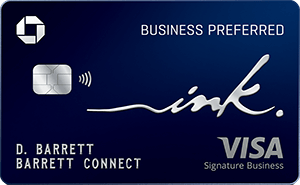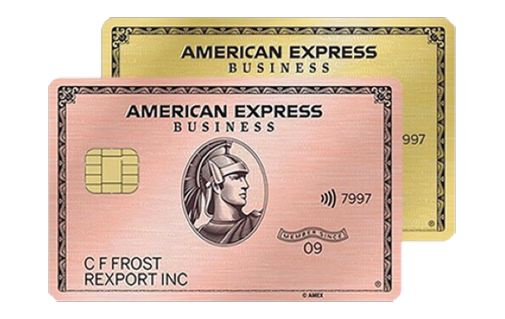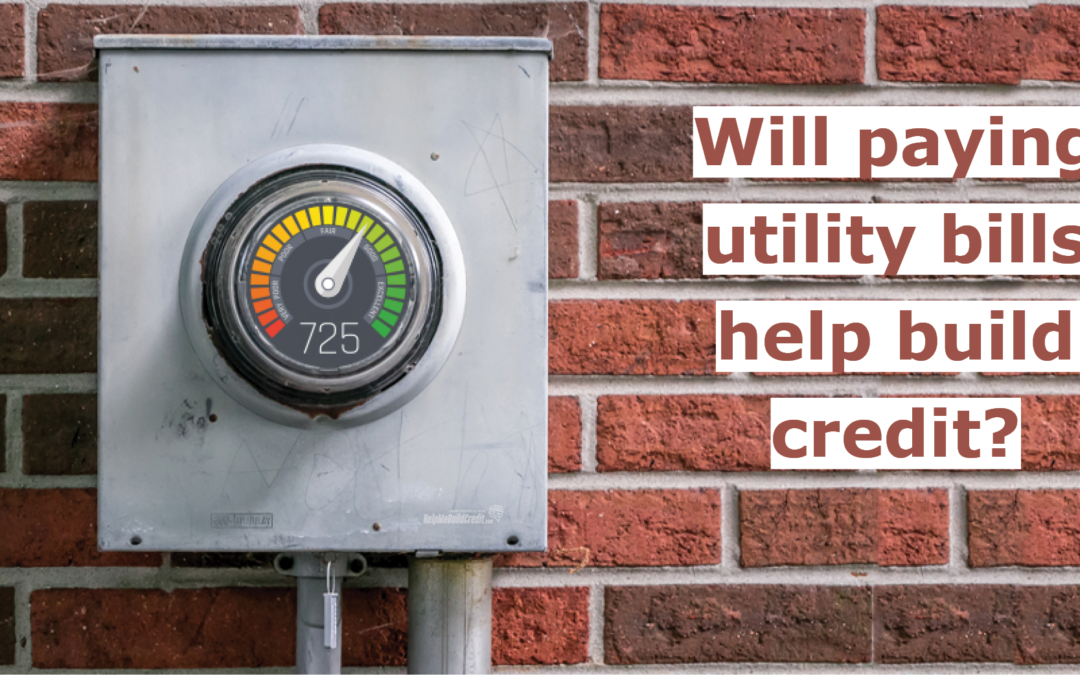Installment loans are a widely used financial tool. They allow you to borrow a specific amount of money and repay it in fixed, regular installments over a predetermined period. Each installment consists of both the principal amount borrowed and an interest component.
There are numerous types of these loans. Although they may all seem similar, they serve different purposes and come with varying interest rates.
In this guide, we’ll explore the most common types of installment loans and help you understand when and how to use them to your advantage. Let’s dive in!
Personal loans
Personal loans are versatile loans that you can use for various purposes. Generally, they require monthly payments over a period and have fixed interest rates. Banks, credit unions, and online lenders provide these loans.
Do you want a simple and comfortable application process? Then, online lenders are the solution. The ease and comfort of online applying for a personal loan have revolutionized the borrowing experience. With just a few clicks, you can explore loan options, submit applications, and receive decisions, all from the comfort of your own home.
CreditNinja installment loans represent a prime example of the evolving landscape of online lending. These loans offer borrowers a straightforward and hassle-free borrowing experience.
Best uses and examples
Here’s how you can best use personal loans:
- Debt consolidation: Consolidating several high-interest debts into a single personal loan with a reduced interest rate can simplify your financial situation.
- Emergency expenses: Personal loans can cover unexpected medical bills, car repairs, or other urgent needs.
- Home improvements: Funding renovations and repairs can increase your property’s value.
Buy now, pay later loans
Buy now, pay later (BNPL) financing enables you to make purchases and spread the payments over a duration, often without incurring interest charges if the balance is settled within a predetermined time frame. Retailers and online stores offer this financing method.
Situations when BNPL loans are beneficial
Here are the practical scenarios where BNPL loans can be advantageous and how they can simplify your financial choices:
- Making large purchases: BNPL can help you buy expensive items, such as electronics or furniture, without draining your bank account.
- Interest-free promotions: Utilizing BNPL during promotional periods can save you money on interest charges.
- Flexibility: BNPL offers flexibility in managing your payments.
Mortgages
Mortgage loans are financial instruments with a singular purpose – unlocking homeownership doors. These loans are the cornerstone of real estate transactions, enabling individuals and families to enter property ownership. Mortgages come in various forms, but the primary types are fixed-rate mortgages and adjustable-rate mortgages (ARMs).
Fixed-rate mortgages offer stable interest rates and predictable monthly payments. On the other hand, ARMs have variable interest rates that can change over time.
Benefits of getting a mortgage
Mortgages offer several compelling benefits, making them a pathway to homeownership that’s worth considering:
- Homeownership: Perhaps the most significant advantage of securing a mortgage is the opportunity to own a home. Mortgages make this dream attainable for countless individuals and families, allowing them to establish roots and build equity.
- Potential Tax Benefits: Mortgage interest payments may offer tax advantages. Depending on your jurisdiction and the specifics of your loan, you could deduct a portion of your mortgage interest from your taxable income, reducing your overall tax liability.
- Investment Potential: Real estate has a track record of appreciating over time, potentially increasing your net worth. Owning a home can serve as both a place to live and a long-term investment.
Considerations when getting a mortgage
While the prospect of homeownership is enticing, it’s essential to approach mortgage loans with careful consideration:
- Down Payment Requirements: Depending on the type of mortgage and the lender’s requirements, you may need a substantial down payment to secure the loan. It’s essential to save and plan for this initial expense.
- Monthly Costs: Mortgage payments encompass more than just the principal and interest. They also include property taxes, homeowners’ insurance, and, in some cases, private mortgage insurance (PMI). These additional costs should be factored into your budget.
- Long-Term Commitment: Mortgages typically have extended terms, ranging from 15 to 30 years. Choosing the correct term is crucial, as it will influence your financial commitments and goals over the long haul.
Auto loans
Auto loans are designed to finance the purchase of a new or used vehicle. These loans can help you acquire your dream car while spreading the cost over time.
How auto loans work and their advantages
Here are the mechanics of auto loans and the advantages they offer:
- Fixed terms and interest rates: Auto loans have predictable terms and interest rates, making budgeting easier.
- Ownership while repaying: You can drive and use the vehicle while paying off the loan.
- Competitive interest rates: Good credit can secure you lower interest rates.
Tips for choosing the right auto loan
Here are expert tips for selecting the ideal auto loan:
- Shop around: Compare rates and terms from multiple lenders.
- Check your credit score: A higher credit score can help you qualify for better loan terms.
- Consider a pre-approved loan: Getting pre-approved can give you a clear budget when shopping for a car.
Student loans
Student loans are designed to help students finance their education. These loans can be a lifeline for those pursuing higher education.
Different types of student loans
Here are two different types of student loans:
- Federal student loans: These are offered by the government and come with various repayment options.
- Private student loans: These are offered by private lenders and may have stricter terms.
When to consider taking out student loans
Here are the factors and considerations that come into play when deciding if taking out student loans is the right choice for you:
- Covering tuition and fees: Student loans can bridge the gap between your financial aid and the cost of education.
- Educational expenses: Loans can help with textbooks, housing, and other necessary expenses.
- Building credit: Responsible use of student loans can establish a positive credit history.
Final takeaway
In the world of finance, knowledge is power. With an understanding of these installment loan types and their best uses, you can confidently navigate your financial path, making choices that align with your goals and aspirations.

















0 Comments